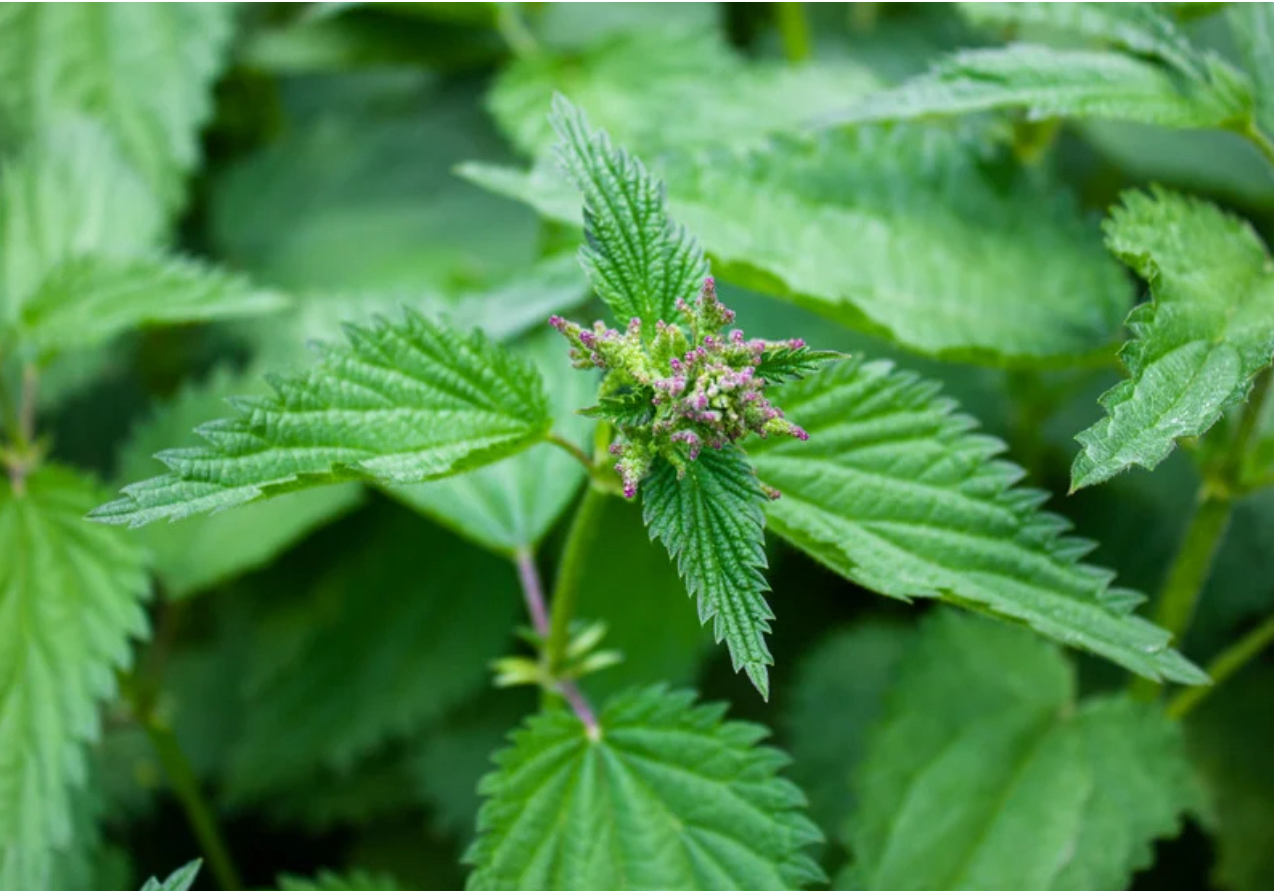
Bichu Booti: The Stinging Wonder You Need to Know About

Bichu booti, also known as stinging nettle, is a fascinating plant with a surprising amount of uses. Despite its name, which translates to “scorpion plant” in Hindi, bichu booti offers a surprising range of benefits. Let’s delve into the world of this unique herb, exploring its uses in both raw and processed forms.
Traditional Uses and Potential Benefits:
Traditionally, bichu booti has been a staple in various medicinal systems, including Ayurveda. Here’s a glimpse into its potential benefits, though it’s important to consult a medical professional before using it for any specific condition:
- Anti-inflammatory Properties: Studies suggest bichu booti may possess anti-inflammatory properties, potentially aiding in managing joint pain and arthritis [1].
- Blood Pressure and Blood Sugar Control: Some research indicates bichu booti might help regulate blood pressure and blood sugar levels, although more studies are needed [2].
- Urinary Tract Health: Bichu booti is used in traditional medicine to address urinary tract issues and prostate health [3].
- Wound Healing: The extract of bichu booti is believed to promote wound healing [1].
- Other Uses: Bichu booti is also used in traditional practices for allergies, anemia, and menopausal symptoms [1].
Beyond Medicine: Culinary Delights
Believe it or not, bichu booti isn’t just for medicinal purposes. Once the stinging hairs are deactivated (usually by blanching or drying), the leaves become a delightful culinary ingredient:
- Bichu Booti Chutney: In India, bichu booti leaves are a popular ingredient in chutneys, adding a unique flavor and a good dose of vitamins and minerals [4].
- Leafy Green Vegetable: Similar to spinach or kale, young bichu booti leaves can be steamed, stir-fried, or added to soups and stews, providing a nutritious green addition to your meal [5].
Important Considerations:
- Stinging Hairs: Fresh bichu booti leaves have tiny stinging hairs that can cause irritation. Drying, blanching, or cooking deactivates these hairs, making the plant safe to handle and consume [4].
- Limited Research: While traditional uses are extensive, scientific research on bichu booti’s effectiveness for various conditions is still ongoing. It’s best to consult a doctor before using it for any specific health concern.
Conclusion:
Bichu booti is a versatile plant with a rich history in traditional medicine and a surprising culinary potential. From its anti-inflammatory properties to its use as a leafy green vegetable, bichu booti offers a unique combination of health benefits and flavor. Remember, consult a healthcare professional before using it for medicinal purposes, and enjoy the taste of this wonder plant after proper preparation!
References:
- [1] Research suggests anti-inflammatory properties: Bichu-Buti in Traditional System of Medicine:-A Review PDF
- [2] May help regulate blood pressure: 6 Benefits of Stinging Nettle (Plus Side Effects) Healthline
- [3] Used for urinary tract issues: Bichu Butti – An Extraordinary Herb Daily Excelsior
- [4] Popular ingredient in chutneys: Bichu Butti – An Extraordinary Herb Daily Excelsior
- [5] Can be used as a leafy green vegetable: Bichu Butti – An Extraordinary Herb Daily Excelsior
Hello, I am Aman (: Full Time Traveler :) At the age of 41, in April 2023, fueled by my love for travel and the determination not to remain fixed like a tree, I embarked on a bold journey. Having dedicated 17 years to a corporate job, I chose to transition from a full-time employee to a full-time traveler, driven by the desire to break free from the routine and constraints of a conventional life. Along the way, I not only explored the wonders of travel but also uncovered the transformative power of financial freedom. I realized how it could liberate me to lead a life teeming with adventure, purpose, and fulfillment. Through my blogs, I am passionately sharing my story, aiming to inspire and provide valuable guidance to those, like me, who aspire to weave travel into a life overflowing with limitless possibilities.






















Post Comment
You must be logged in to post a comment.